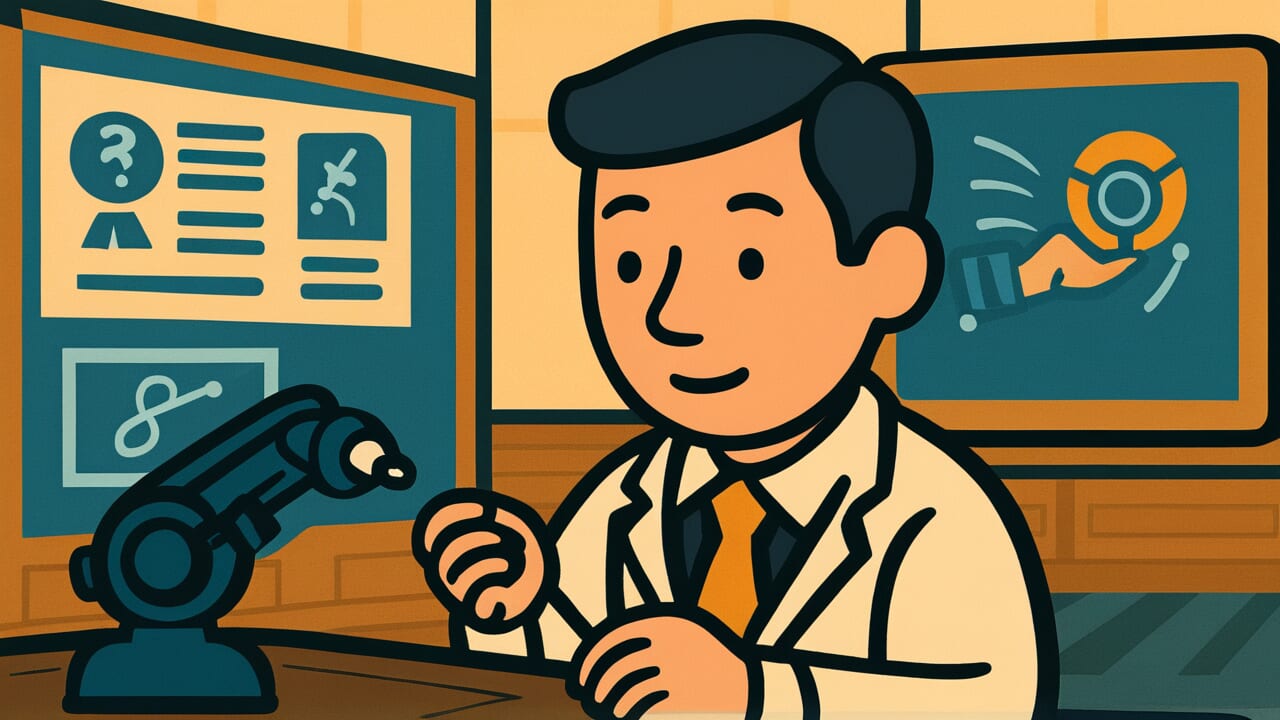How to Read “Not forgetting past events makes them the teacher of future events”
Zenji no wasure zaru wa koji no shi nari
Meaning of “Not forgetting past events makes them the teacher of future events”
This proverb teaches the importance of remembering past experiences and using them as guides for future actions.
From successes, we learn effective methods. From failures, we gain lessons to avoid repeating the same mistakes.
As time passes, people tend to forget painful failures and bitter experiences. But when we forget them, we risk repeating the same mistakes.
Similarly, if we forget our successes, we can’t apply the methods that worked well. Past experiences are our most reliable and accessible teachers.
This way of thinking remains crucial today, both in personal life and organizational management.
Keeping records, reflecting on them, and learning from them leads to growth and progress.
Origin and Etymology
This proverb likely comes from the ancient Chinese text “Zhanguoce” (Strategies of the Warring States).
The original Chinese phrase “前事之不忘、後事之師” was transmitted to Japan and became established there.
“Zenji” refers to events that happened in the past. “Koji” means events that will happen in the future. “Shi” means teacher, or a model and lesson.
A direct translation would be “not forgetting past events makes them the teacher of future events.”
Zhanguoce is a collection of records about politics and diplomacy from China’s Warring States period.
This was a harsh era when nations fought fiercely, and one wrong decision could lead to a country’s destruction.
In such times, politicians and strategists strongly recognized the importance of learning from past failures and successes.
Chinese classics were transmitted to Japan from ancient times and studied among samurai and scholars.
Especially during the Edo period, Confucian studies flourished. Chinese proverbs like this became deeply rooted in Japanese culture.
The attitude of valuing historical lessons was common wisdom throughout the East Asian cultural sphere.
Usage Examples
- That failure was really painful, but “not forgetting past events makes them the teacher of future events,” so I’ll keep records to avoid the same mistake
- “Not forgetting past events makes them the teacher of future events,” so it’s important to listen carefully to our seniors’ experiences
Universal Wisdom
Humans have a mental mechanism that tries to forget painful memories.
Failures and setbacks hurt to remember, so we unconsciously push them deep into our memory. This is a natural defense function that protects our hearts.
However, it also means losing valuable lessons.
This proverb has been passed down for thousands of years because it understood this human tendency.
Forgetting is easy, but not forgetting has value. Only those with the courage to face the past can achieve true growth.
People also surprisingly forget their successes. When things go well, we take them for granted and don’t think deeply about why they worked.
But success always has reasons. By analyzing and remembering them, we can create repeatable success.
The significance of studying history lies exactly here. Individual experience has limits.
But by learning from our predecessors’ experiences, we can gain lessons from things we haven’t directly experienced.
The attitude of making the past our teacher is the driving force that has allowed humanity to accumulate wisdom and develop civilization.
When AI Hears This
The human learning process actually has the same structure as a mathematical optimization called Bayesian inference.
Bayesian inference is a calculation method that updates previous knowledge each time new information is obtained.
Consider a child learning to ride a bicycle for the first time. Initially, they only have a vague prediction: “if I move the handlebars this way, I should turn.”
This is the prior probability—the guess before experience. But once they fall, new information is added: “turning the handlebars suddenly has a high probability of causing a fall.”
This new information combines with the original prediction to improve the accuracy of the next action. This is Bayesian updating.
What’s interesting is that this updating process is proven to be mathematically optimal.
The more data from past failures and successes, the more accurate the prior distribution becomes, and the less error in the next judgment.
Research shows that the human brain performs this calculation unconsciously. As we gain experience, prediction accuracy improves exponentially.
In other words, “not forgetting the past” isn’t just memory retention. It’s the very act of mathematically maximizing future judgment accuracy.
That experience becomes a teacher isn’t a sentimental lesson—it’s a necessity guaranteed by probability theory.
Lessons for Today
Modern times overflow with information, and new things constantly appear. In such an environment, we tend to lose time for looking back at the past.
However, this proverb teaches us the value of stopping and examining the past.
Your life already contains many accumulated experiences. These are your unique treasure that no one can take away.
Keep a diary, set aside regular time for reflection, and analyze the causes when you fail. These small habits will accelerate your growth.
Also, maintain an attitude of learning not just from your own experiences but from others’ as well.
Senior colleagues’ failure stories, historical events, and cases you read in books—all of these can become your teachers.
You can learn without direct experience.
What matters isn’t being trapped by the past, but learning from it. Don’t repeat the same failures, and reproduce successful methods.
Move forward step by step. That’s the hopeful message this proverb gives to those of us living in modern times.



Comments